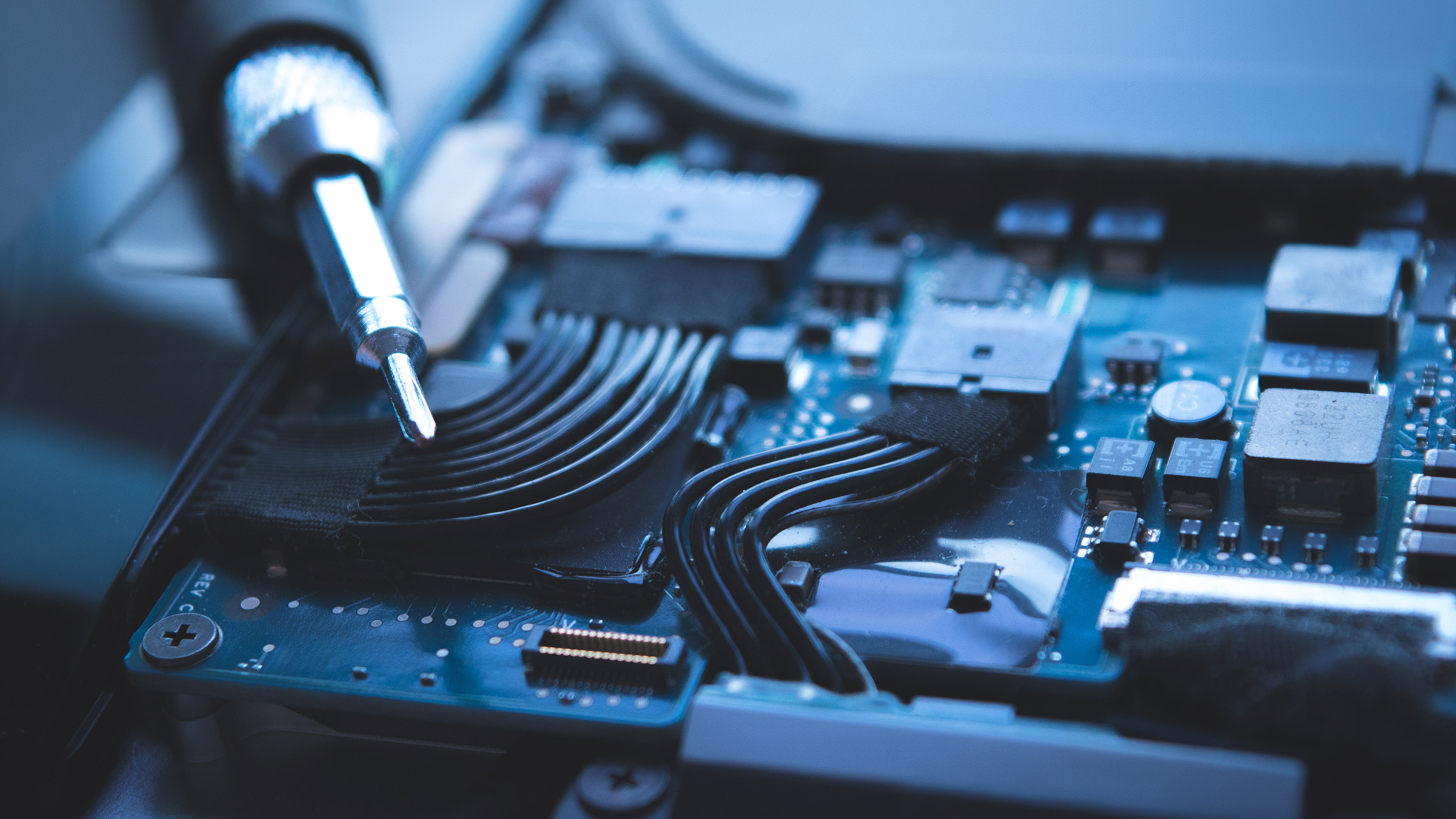Técnico Seminars: The Role of Student Groups / Student Associations in Academic Training

The 2025 “Jornadas do Técnico” concluded with the panel “The Role of Student Groups / Student Associations in Academic Training.” The discussion was moderated by Tomás Dechamps Vieira, editor of Diferencial, and featured João Paulo Monteiro, currently a professor in the Department of Electrical and Computer Engineering and a researcher at the Institute for Systems and Robotics; Vasco Lopes, master’s student in aerospace engineering and former leader of TLMoto; Duarte Diamantino, master’s student in electronic engineering and former vice-president of N3E; Mariana Cal, master’s student in Electrical and Computer Engineering and coordinator of the Photography Art Club (NAF-IST); Constança Mourão, biomedical engineering student; and Fernando Lau, coordinator of the master’s programme in aerospace engineering.
Tomás Vieira began by asking the speakers how student groups—especially those dedicated to prototype development—ensure inclusivity in order to integrate students from different Técnico degrees. Fernando Lau highlighted that AeroTéc opens applications to all Técnico students, due to the need to bring together knowledge from several fields, including electrical and computer engineering, chemistry, and materials engineering, for the various projects developed, such as ATLAS and RED.
Next, João Paulo Monteiro reinforced this idea, stressing the involvement of student groups in multidisciplinary challenges and praising students for recognising the need to include members from different programmes, thus opening their groups to the wider academic community.

From the perspective of student groups and autonomous sections of the Student Union dedicated to recreational activities, Mariana Cal emphasised the importance of developing students’ cultural dimension alongside technical skills: “I believe Técnico is not just about training engineers, architects, or mathematicians,” she said.
Duarte Diamantino further highlighted the essential role of these groups in integrating students into the academic community, something he stressed as having a positive impact on students’ mental health: “A student group at Técnico that provides cultural opportunities—where we can express ourselves artistically or sometimes take a break from the technical side—is very important.”

The moderator also asked about the impact of leadership roles within student groups on students’ lives, given the constant renewal of teams, as is the case with TLMoto. In this regard, Vasco Lopes highlighted the responsibility of ensuring that the entire team shares a sense of unity, maintaining positive interaction between team members, ensuring deadlines are met, and managing funding effectively—something that also requires strong adaptability from all members. He also emphasised the importance of setting goals that align with each member’s profile and balancing these responsibilities with academic life.

In addition to the technical component, João Paulo Monteiro stressed the importance of investing in soft skills and in student autonomy when developing projects. On this topic, Mariana Cal highlighted the need for students to cultivate organisational skills, giving as an example the upcoming NAF exhibition, for which students are responsible for the entire coordination—finding venues, making contacts, and writing descriptive texts for the photographic records.

The session also included a discussion on topics such as the potential accreditation of activities carried out in student groups, the time students dedicate to them, their balance with classes, and some of the challenges faced by university students.
Thus, this year’s “Jornadas do Técnico” concluded with the message that student groups ultimately create a space where, beyond the social dimension, students have the opportunity to apply what they learn in class, learn from their mistakes, and share knowledge accumulated over time. In this way, participation in these groups contributes not only to innovation across different projects but also to students’ personal development.
